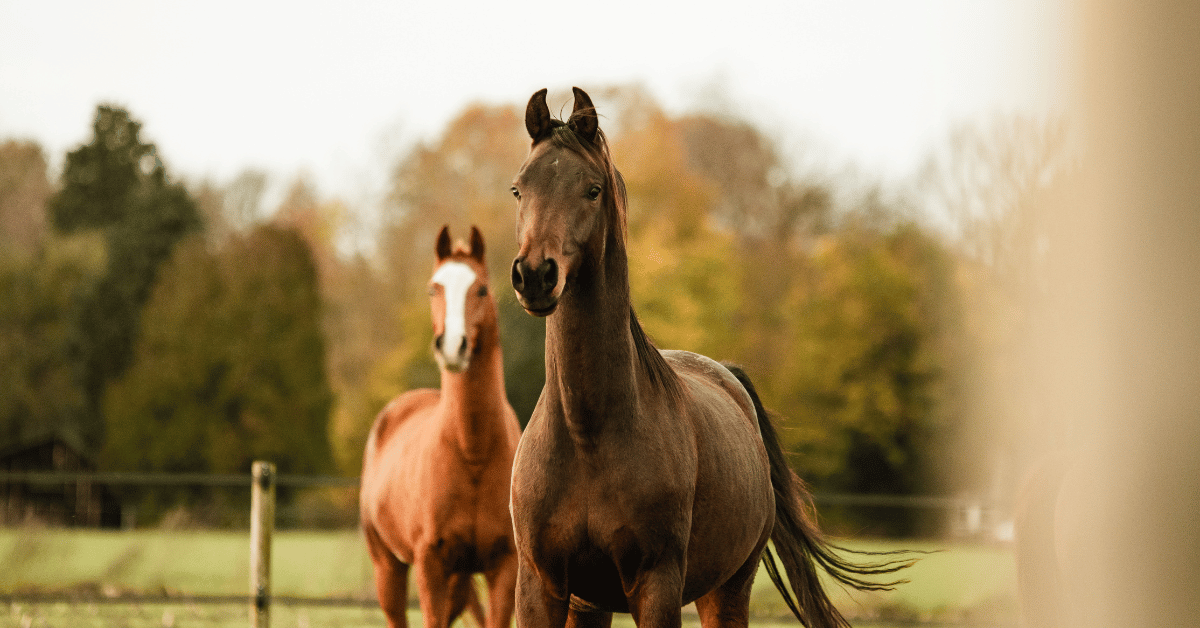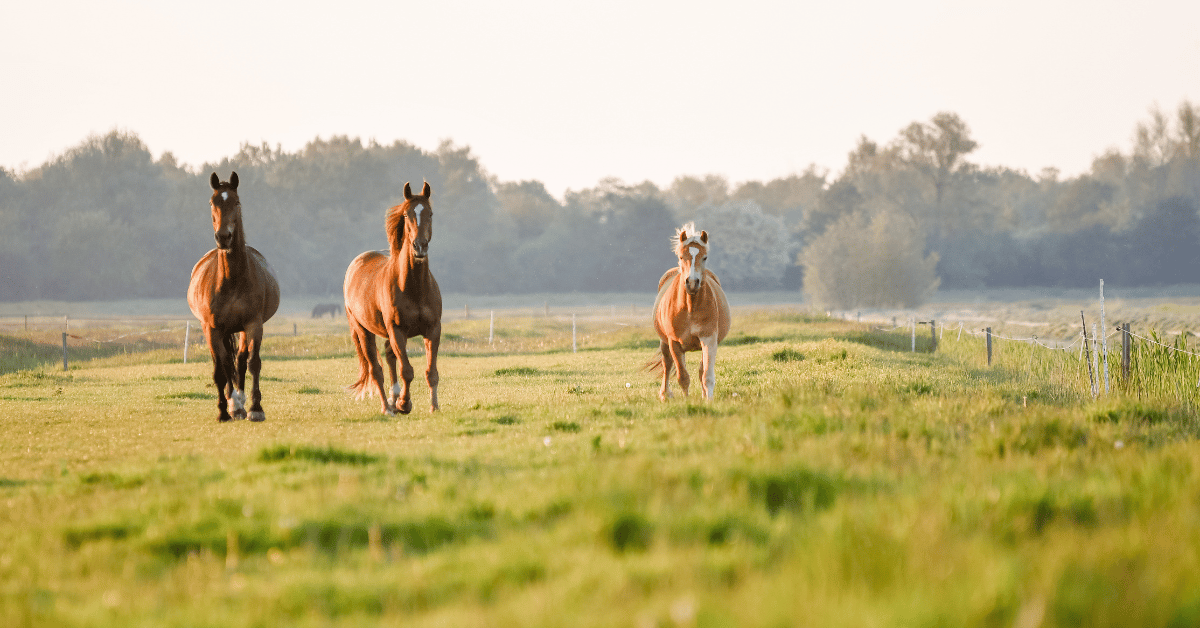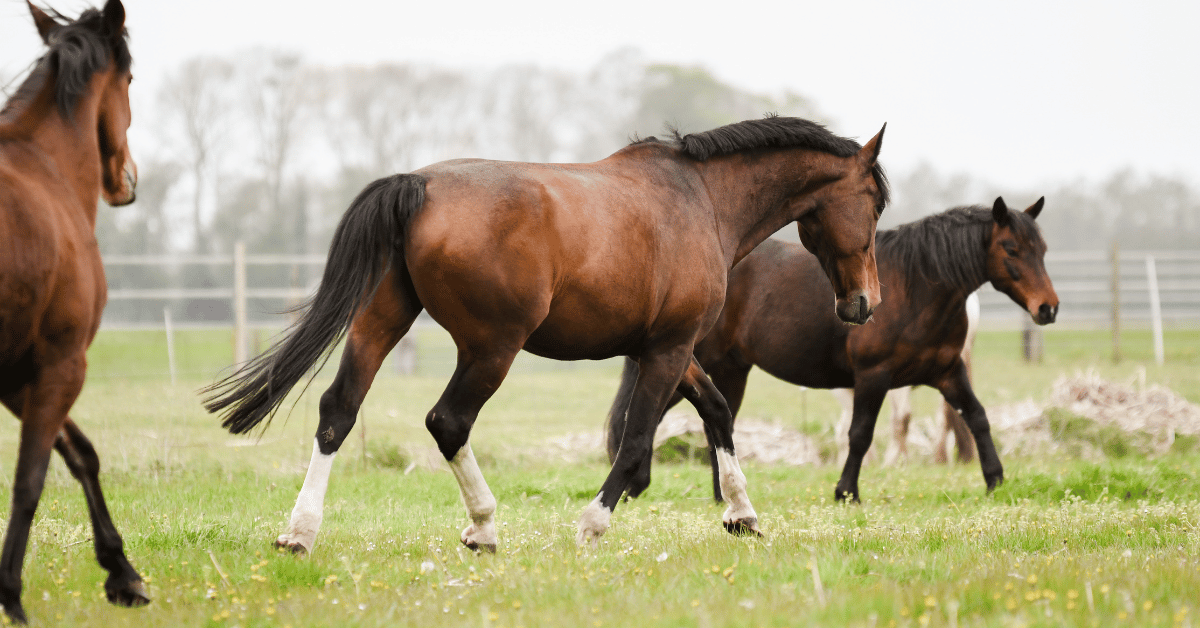7 Tips to Keep Your Horse Mentally Healthy
When it comes to horse health, the focus is often on physical wellbeing. But what about your horse’s mental health? Is your horse truly comfortable and happy? Here are 7 tips to help keep your horse mentally healthy.
Welfare

22 November '25 • 1 min reading time
Tip 1: Ensure Social Contact
Horses are true herd animals, and social contact is a top priority. Being part of a herd provides safety, comfort, friendships, and calm. Eating, grooming, moving, and resting together helps your horse feel secure and mentally relaxed. A stable herd is essential.
Tip 2: Provide Enough Roughage
Horses eat around 20 hours per day, making feeding a crucial part of their life. Stress from not being able to eat calmly can lead to gastric issues. Ensure your horse has access to plenty of roughage throughout the day. For horses prone to weight gain, consider slow feeders, low-sugar roughage, or straw as a supplement. Allow your horse to display natural feeding behaviors—beneficial for both mental and physical health.
Tip 3: Ensure Proper Rest
Horses sleep 3–5 hours a day, with only 20–40 minutes in REM sleep. The rest is light sleep while standing or in a relaxed position. Quality rest is vital for processing training or stressful events. Make sure your horse has a comfortable, quiet place to rest. Plan rest days in the schedule to prevent mental overtraining or burnout.
Tip 4: Adapt Stable Management
Every horse is different. Some thrive with 24/7 outdoor access, while others prefer a quiet stall at night. Find a stable management system that suits your horse’s needs, prioritizing their wellbeing over convenience or luxury for yourself. Remember, your horse lives there all year round; you are present only a few hours per day.
Tip 5: Adjust Training to Your Horse
High expectations are common, but your horse may need more time or have physical limitations. Adjust training accordingly. Some days exercises go smoothly, other days not. Accept it and vary activities: go for a walk, trail ride, small jump, or desensitization exercises.
Tip 6: Provide Challenges
Horses are curious and enjoy exploring new things with their owners. Introduce challenges and new experiences to stimulate their minds and keep training interesting.
Tip 7: Allow Free Movement
Free movement is crucial. Horses need several hours daily to choose how they move, interact with others, graze, and sprint. Daily free movement is essential for both mental and physical health.


